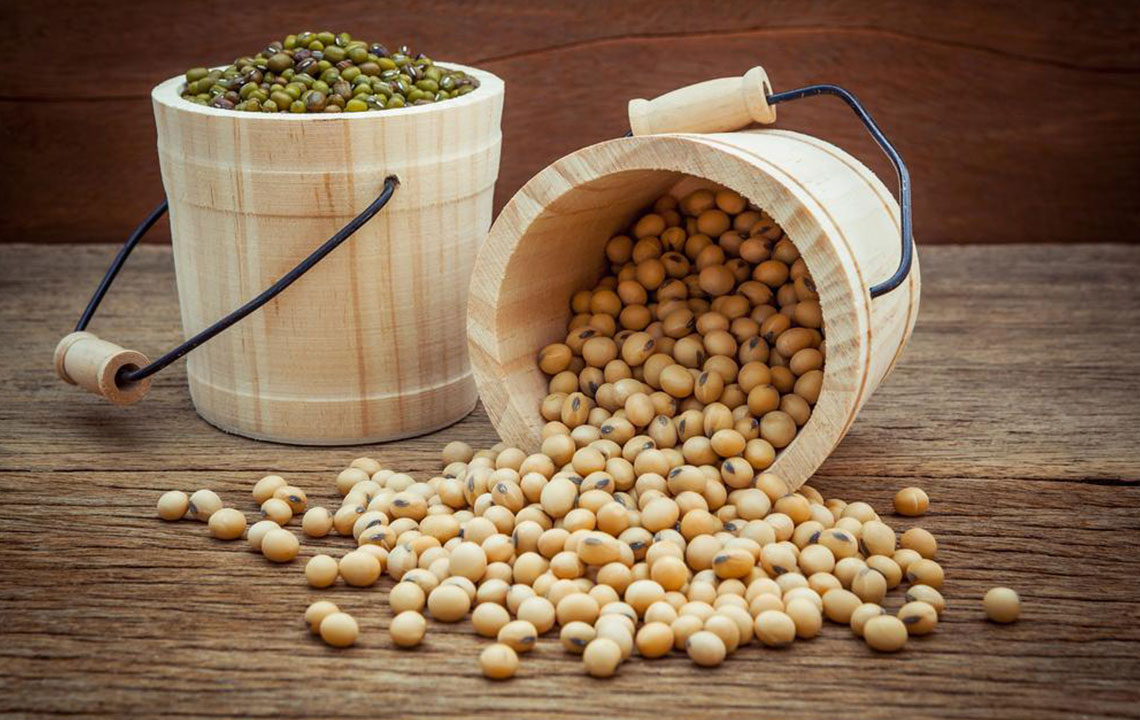Advantages of Consuming Protein-Rich Foods for Optimal Health
This article explores the importance of incorporating protein-rich foods into your daily diet. It covers the functions of proteins, recommended intake, health benefits, and various sources, emphasizing the role of both animal-based and plant-based options. Maintaining adequate protein consumption supports muscle growth, boosts immunity, and fosters overall health, making it essential for a balanced diet. Suitable for all dietary preferences, high-protein foods are vital for optimal well-being and disease prevention.
Sponsored

Understanding the Significance of Protein-Rich Diets
Proteins are large, complex molecules composed of long chains of amino acids. They play crucial roles in the body, including DNA replication, metabolic reactions, responding to stimuli, and transporting molecules. Amino acids, obtained from foods such as dairy, meat, legumes, and vegetables, are essential for these functions. There are nine amino acids that our diet must supply, with requirements varying based on age, gender, activity level, and health status.
Different amino acids serve specific functions, including nutrient breakdown, transport, and storage. Adequate protein intake helps prevent and manage conditions like obesity, diabetes, infertility, heart issues, and neurological disorders. For example, glycine and glutamine aid in nutrient processing and energy storage.
Why Protein is Essential
Like fats and carbs, protein is a macronutrient necessary in larger quantities than micronutrients such as vitamins and minerals. Proteins are vital for growth, repair, and overall maintenance of body tissues, functioning as the body's motor components. Insufficient protein can cause health issues like slow metabolism, weakened immunity, muscle loss, blood sugar fluctuations, poor sleep, fatigue, and concentration problems.
Recommended Daily Protein Intake
Protein needs differ based on age and activity. The general guideline, RDA, is 0.8 grams per kilogram of body weight daily. For an average adult with a healthy BMI, daily intake is approximately 46 grams for women and 56 grams for men. To determine your personal needs, multiply your weight in kg by 0.8.
Health Benefits of Eating Protein-Rich Foods
Enhances Muscle Development: Consuming enough protein supports muscle growth, especially after exercise, aiding in muscle tissue repair.
Assists Weight Management: Protein-rich foods are satiating and slow digestion, helping control hunger and prevent overeating.
Regulates Blood Sugar: Proteins minimally impact blood glucose, slowing sugar absorption and aiding in diabetes management.
Boosts Brain Function: Continuous amino acid supply from proteins enhances focus and cognitive health.
Strengthens Bones: Proteins combined with calcium and magnesium improve bone density, reducing osteoporosis risk.
Sources of Protein
Pulses: beans, chickpeas, lentils, soy
Dairy: milk, cheese, yogurt
Whole grains: brown rice, whole wheat bread
Seeds: almonds, chia, hemp, pumpkin
Nuts: cashews, peanuts, pistachios
Animal products: eggs, fish, chicken
Animal-derived proteins, like dairy and meat, provide complete amino acids. Vegetarians and vegans can access high-quality protein through foods such as oats, spinach, lentils, broccoli, mushrooms, almonds, and other plant-based options. Additionally, supplements like protein powders or bars are popular among athletes and strength trainers. Incorporating sufficient protein daily is essential for health, and both vegetarians and non-vegetarians can benefit from a high-protein diet to maintain overall well-being.






